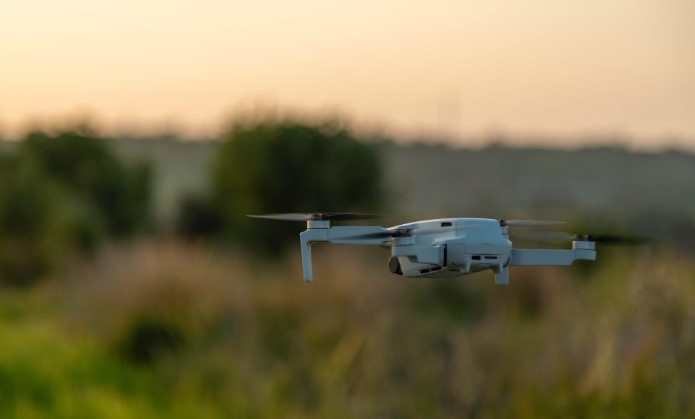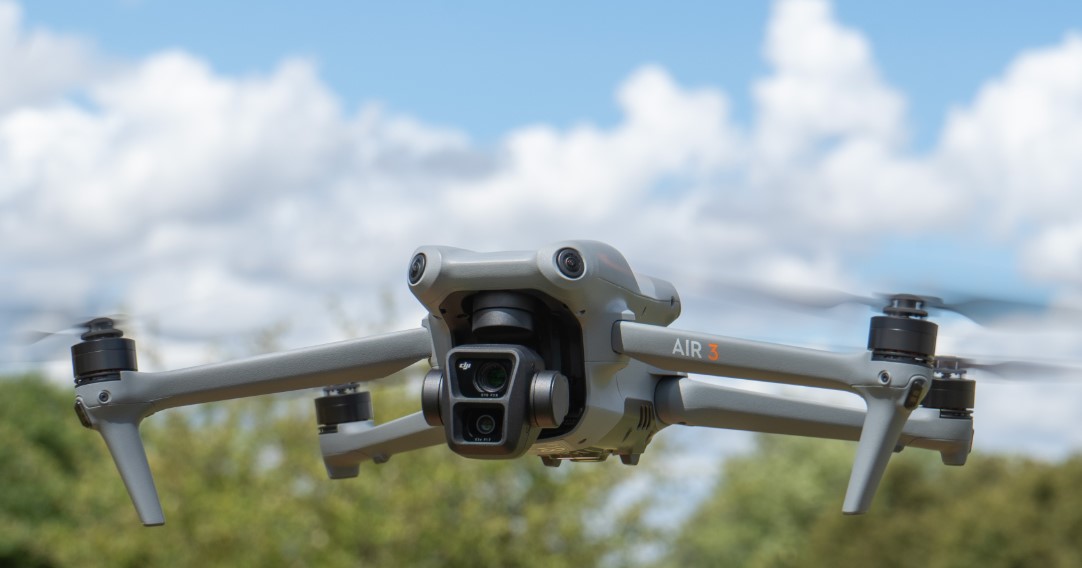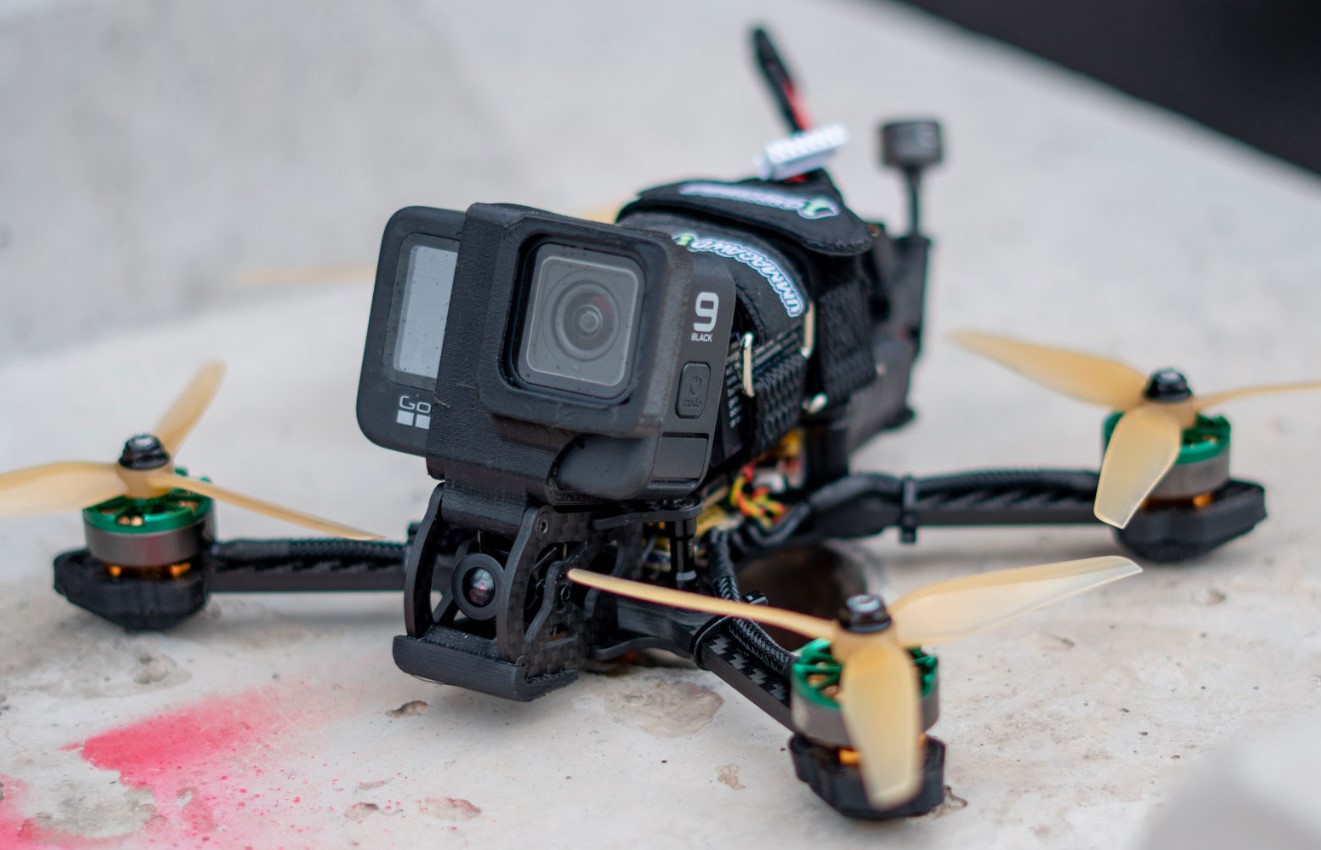Drones have become increasingly popular across Australia for recreational, commercial, and professional purposes. With advancements in technology, these unmanned aerial vehicles (UAVs) are now used in photography, videography, surveying, and even emergency services. However, many drone operators, both hobbyists and professionals, often ask a key question: Is it legal to fly a drone at night in Australia? Understanding drone regulations is essential to ensure safety, compliance, and responsible drone operation.
In this comprehensive guide, Dronevoz.com will explore the laws governing nighttime drone operations in Australia, the role of the Civil Aviation Safety Authority (CASA), exceptions for commercial drone operators, and critical safety guidelines for flying drones at night.
Understanding CASA and Its Role in Drone Regulation
In Australia, the Civil Aviation Safety Authority (CASA) is the regulatory body responsible for ensuring the safe operation of drones and other aircraft. CASA oversees and enforces drone laws under the Civil Aviation Safety Regulations Part 101, which includes rules for both recreational and commercial operators. These regulations are in place to protect people, property, and airspace users from potential risks associated with drones.
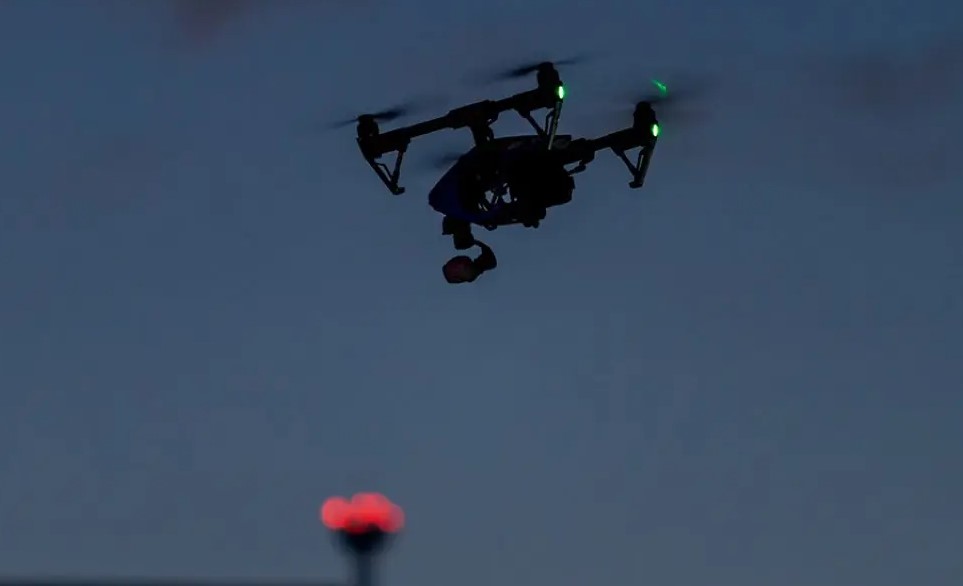
General Rules for Flying Drones in Australia
Before diving into the specifics of nighttime operations, it is essential to understand the general rules for flying drones in Australia, as outlined by CASA:
- Visual Line of Sight (VLOS): You must always keep your drone within your direct visual line of sight without the aid of binoculars, telescopes, or other devices.
- No-Fly Zones: Avoid restricted areas, such as airports, helipads, and controlled airspace.
- Altitude Limits: Drones cannot be flown higher than 120 meters (400 feet) above ground level.
- Distance from People: Maintain a minimum distance of 30 meters from people not involved in the drone operation.
- Proximity to Events: Drones must not be flown over crowds, public gatherings, or major sporting events.
The general expectation is that all drone flights occur during daylight hours under clear weather conditions.
Is it legal to fly a drone at night in Australia?
Under CASA regulations, flying drones at night is generally prohibited for recreational drone pilots. Specifically:
- Recreational Operators: Recreational drone pilots are not allowed to fly drones at night unless they receive specific approval or exemption from CASA. Nighttime operations pose higher risks, including reduced visibility and the inability to maintain a clear visual line of sight.
- Commercial Operators: Commercial drone pilots who hold a Remote Pilot License (RePL) and operate under a Remote Operator’s Certificate (ReOC) may be eligible to fly drones at night, provided they meet additional safety requirements and obtain CASA approval.
Thus, the legality of flying a drone at night largely depends on the operator’s certification, intended use, and compliance with CASA guidelines.
>>> Click Is Drone Delivery Legal In India?
How Can Commercial Operators Legally Fly Drones at Night?
For commercial drone pilots, flying at night is possible under specific conditions. Here is a step-by-step overview of how commercial operators can gain approval for nighttime drone operations:
Step 1: Obtain a Remote Pilot License (RePL)
To operate a drone commercially in Australia, pilots must obtain an RePL. This certification ensures that pilots understand the regulations and possess the skills needed to safely operate drones.
Step 2: Operate Under a Remote Operator’s Certificate (ReOC)
Commercial operations must be conducted under a ReOC, which is issued to businesses or individuals engaged in drone services. The ReOC outlines the operational procedures and safety protocols that must be followed.
Step 3: Apply for a CASA Approval for Night Operations
To fly a drone at night, commercial operators must submit an application to CASA detailing:
- The purpose of the nighttime operation.
- Safety measures and risk assessments to mitigate hazards.
- The types of drones to be used and their specifications (e.g., lights, GPS systems).
- Operational procedures, including how the pilot will maintain visual line of sight.
CASA will evaluate the application and may grant approval based on the operator’s preparedness, experience, and adherence to safety protocols.
Step 4: Follow CASA’s Safety Requirements
Once approved, commercial operators must comply with CASA’s requirements for nighttime drone operations, which often include:
- Equipping drones with adequate lighting to maintain visibility.
- Conducting thorough pre-flight safety checks.
- Implementing emergency protocols to address unexpected issues during the flight.
Why Is Flying a Drone at Night More Restrictive?
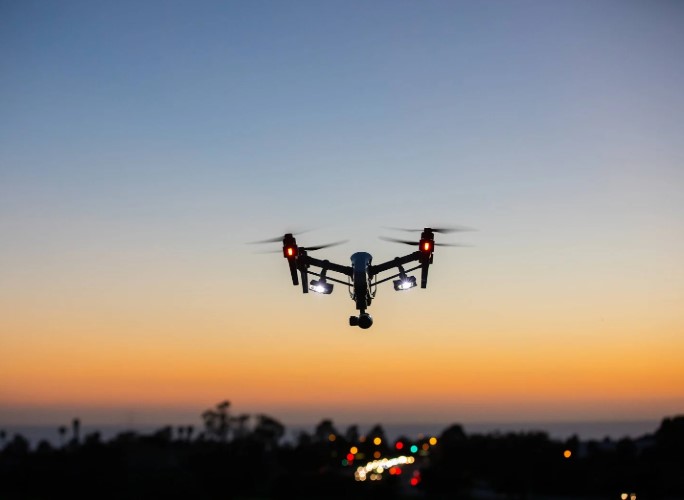
Nighttime drone operations present unique challenges and risks that make them more restrictive compared to daytime flights. These risks include:
- Reduced Visibility: It is significantly harder to see and control a drone in low-light conditions.
- Loss of Line of Sight: Maintaining a visual line of sight becomes more difficult at night.
- Higher Collision Risk: There is an increased risk of colliding with obstacles, buildings, or other aircraft.
- Potential Privacy Concerns: Nighttime flights may cause privacy issues, as individuals may feel uncomfortable with drones flying nearby in the dark.
Due to these challenges, CASA prioritizes public safety and requires commercial operators to implement strict measures to mitigate risks during nighttime operations.
>>> Read More: How To Rig A Drone For Fishing?
Penalties for Breaching Drone Laws in Australia
Operating drones illegally, including flying at night without proper approval, can result in significant penalties. CASA enforces strict fines and legal actions against operators who violate regulations. Penalties may include:
- Fines of up to $11,100 AUD for individuals who breach drone laws.
- Suspension or cancellation of drone pilot licenses and certificates.
- Criminal charges in cases of severe violations.
To avoid penalties, drone operators must always familiarize themselves with CASA’s regulations and seek approval for any operations outside the standard rules.
Tips for Safe Nighttime Drone Operations
If you are an approved commercial operator planning to fly a drone at night, here are essential safety tips to ensure a successful and compliant flight:
- Equip the Drone with Proper Lighting: Use bright LED lights to enhance visibility and orientation.
- Conduct Pre-Flight Inspections: Thoroughly check the drone’s systems, including batteries, GPS, and lighting.
- Use a Spotter: Having an observer on the ground can help maintain visual awareness and alert the pilot to potential hazards.
- Fly in Open Areas: Avoid crowded or obstacle-heavy areas where collisions are more likely.
- Monitor Weather Conditions: Ensure calm weather with minimal wind and no precipitation to minimize risks.
- Adhere to Approved Procedures: Follow all CASA-approved safety protocols and operational guidelines.
Conclusion
So, is it legal to fly a drone at night in Australia? For recreational drone pilots, the answer is no, unless explicit permission is obtained from CASA. However, commercial operators with the appropriate certifications and CASA approval can legally operate drones at night under strict safety conditions.
Understanding and adhering to CASA’s regulations is essential to ensure safe and responsible drone operations. Whether you are a hobbyist or a professional, compliance with drone laws not only avoids penalties but also contributes to the safety of people, property, and Australia’s airspace.
If you are considering nighttime drone operations, ensure that you meet CASA’s requirements and take all necessary precautions to mitigate risks. Responsible drone operation is key to enjoying this innovative technology while maintaining public trust and safety.
Frequently Asked Questions (FAQs)
- Can I fly my drone in my backyard at night?
No, recreational pilots cannot fly drones at night without CASA approval, even on private property.
- What are the penalties for flying a drone illegally at night?
Penalties can include fines of up to $11,100 AUD and suspension of licenses.
- Do drones need lights for night flights?
Yes, drones must be equipped with adequate lighting to maintain visibility during nighttime operations.
- Can hobbyists ever fly drones at night?
Hobbyists may only fly at night if they obtain specific approval from CASA.
- How do I apply for CASA approval for nighttime drone operations?
Commercial operators can apply through CASA by providing safety assessments, operational plans, and compliance measures.
